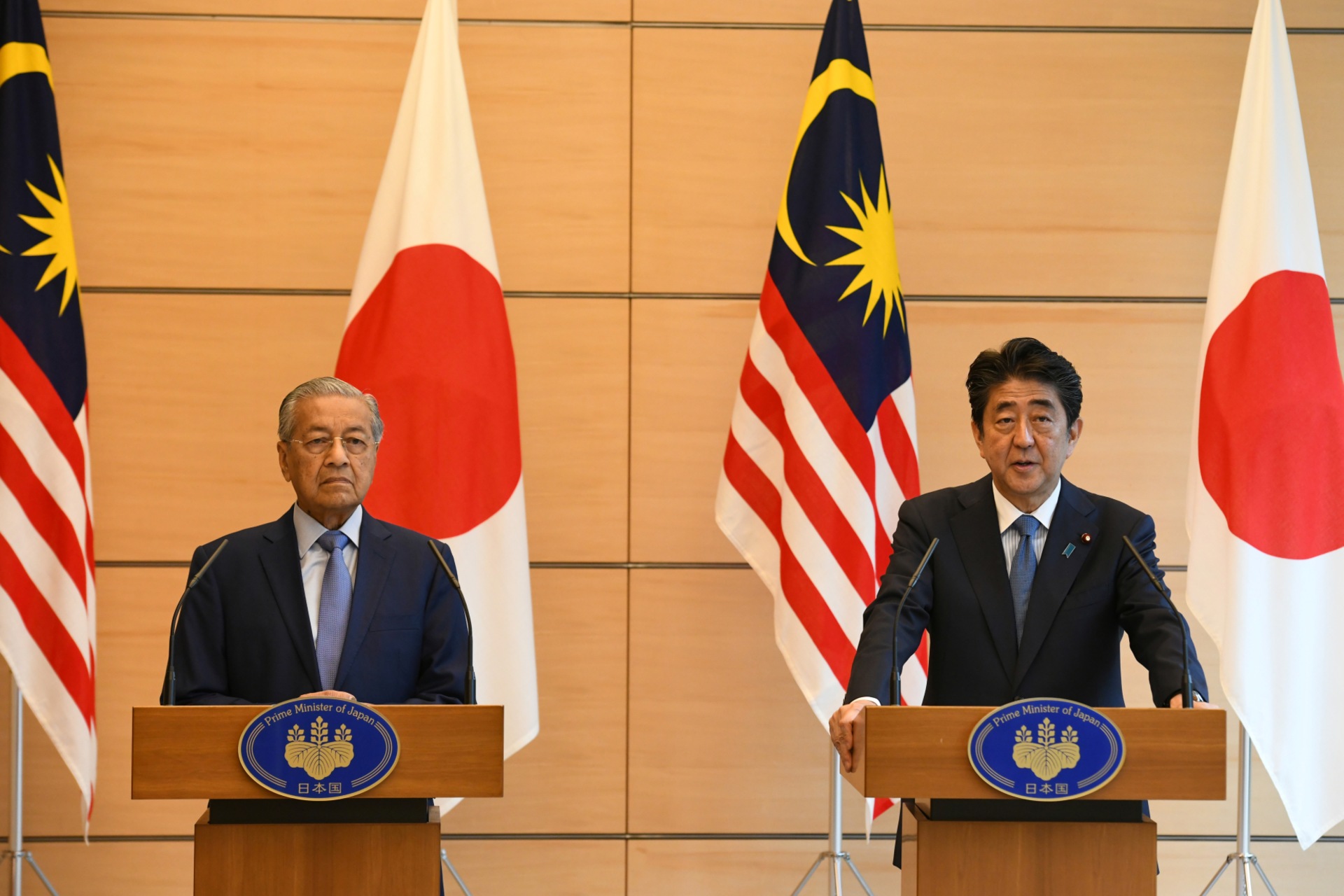After the Big Win, Mahathir Faces Reality—Part Two

By experts and staff
- Published
Experts
![]() By Joshua KurlantzickSenior Fellow for Southeast Asia and South Asia
By Joshua KurlantzickSenior Fellow for Southeast Asia and South Asia
In my previous post, I discussed how, after a surprising victory in May elections, and jubilation among supporters of the former opposition coalition that they had finally broken through, ending the ruling coalition’s domination of Malaysian politics, Prime Minister Mahathir Mohamad and other leaders of the governing alliance are now facing tough realities on many fronts. For one, they remain unsure of how much state money was allegedly stolen or lost by the previous government, and how much worse Malaysia’s national debt is than previous imagined—an issue of great significance to investors and ratings agencies. The new ruling coalition may well find it difficult to reconcile key planks of different parties within the governing alliance, especially on issues related to longstanding affirmative action programs for ethnic Malays—but also on other issues.
Regarding the longstanding affirmative action programs for ethnic Malays, it seems almost impossible to imagine how Mahathir, supported by ethnic Malays, could take steps to reform the programs, even though other parties in his coalition would like to do so. Yet the programs have, in many ways, outlived whatever utility they had for the Malaysian economy and society.
The new government also is struggling, to some extent, to balance demands from the various members of its somewhat unwieldy coalition for key cabinet positions—and, generally, for influence in the government’s decision-making processes. Prime Minister Mahathir Mohamad recently announced that his cabinet will have twenty-nine ministers, a larger number than he originally envisioned, probably in order to keep the peace within the ruling coalition. And, looming over the coalition government’s long-term viability is the question of whether Mahathir and Anwar Ibrahim can get along, and how long Mahathir plans to stay on as prime minister—staying too long could well lead to Anwar’s supporters eventually trying to push Mahathir to the exits.
But the new government also confronts major challenges in foreign strategic and economic relations. During the election campaign, Mahathir had questioned a wide range of investments in Malaysia backed by the Chinese government, Chinese lenders, and Chinese state firms. In recent weeks, he has taken steps to try to bolster Malaysia’s economic ties with Japan, which Mahathir apparently sees as a key counterweight to China’s growing economic dominance in Malaysia.
Mahathir went to Japan for his first overseas visit after becoming prime minister, and in Japan he called for several steps to reinvigorate the bilateral economic relationship. As the Diplomat noted, Mahathir “signaled his determination to reduce Malaysia’s indebtedness to China. He requested yen-denominated soft loans in a bid to reduce debt servicing costs, made a pitch to Japanese investors, and pledged to strengthen Malaysia’s overall relationship with Japan.”
Japanese officials, who see Tokyo in an almost existential struggle with China for strategic and economic influence in Southeast Asia, may indeed be receptive to Mahathir’s strategies. (Even as China has, in recent years, become Malaysia’s biggest trading partner, Japan remained one of the most important investors in Malaysia, and the biggest source of inbound foreign investment in Malaysia last year.) Reuters has reported that Japanese firms may be interested in taking stakes in some Malaysian state-linked companies, and increasing investments in a wide range of sectors in Malaysia.
And yet Malaysian leaders must walk a very tight balance beam. Mahathir indeed seems serious about avoiding working on megaprojects with Beijing that could result in high debt burdens, and in readjusting Malaysia’s external relations, to create a more even balance between Japan and China. But Beijing is a dominant force in trade with Malaysia, and has extensive diplomatic tools to deploy as well. China will respond forcefully if it believes Mahathir intends to seriously diminish Beijing’s influence in Malaysia.
